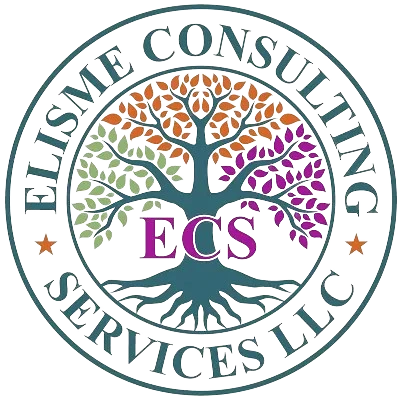
In an era of rapid change, understanding and addressing trauma isn’t just about workplace wellness – it’s about business survival. As a trauma-informed care leadership specialist, I’ve witnessed how organizations that prioritize emotional well-being consistently outperform those that don’t.
Understanding Trauma’s Business Impact
Trauma affects workplace performance in measurable ways. High-stress environments where employees feel unsafe lead to increased errors, decreased innovation, and costly turnover. Research shows that companies lose up to 1.8 times an employee’s annual salary in replacement costs when they leave – a preventable expense when trauma-informed practices are in place.
The ROI of Trauma-Informed Leadership
Organizations embracing trauma-informed principles see concrete benefits:
- 67% reduction in stress-related sick leave
- 41% increase in employee engagement scores
- 28% improvement in project completion rates
- Double-digit growth in employee-driven innovation initiatives
When employees feel psychologically safe, they’re more likely to propose innovative solutions, challenge status quo thinking, and take calculated risks that drive business growth.
Innovation Through Inclusive Excellence
Diverse teams supported by trauma-informed practices become powerhouses of innovation. Companies with inclusive cultures are:
- 6x more likely to be innovative
- 8x more likely to achieve better business outcomes
- 3x more likely to retain high-potential talent
This isn’t coincidence – it’s the direct result of creating environments where different perspectives are valued and psychological safety is prioritized.
The Competitive Edge of Emotional Safety
Market leaders understand that emotional safety drives competitive advantage:
- Enhanced problem-solving through psychological safety in team discussions
- Faster market adaptation as employees freely share market insights
- Improved customer satisfaction through empathy-driven service
- Stronger brand reputation as an employer of choice
Building Future-Proof Organizations
Your organization’s market position depends increasingly on your ability to create psychologically safe spaces where innovation thrives. Companies that ignore trauma-informed practices face:
- Rising recruitment costs
- Declining market share
- Reduced innovation capacity
- Increased regulatory scrutiny
- Diminished brand value
The choice is clear: invest in trauma-informed leadership or risk obsolescence in an increasingly competitive marketplace.
How is your organization measuring the ROI of emotional safety? Let’s connect and explore how trauma-informed practices can transform your workplace into a hub of sustainable innovation and market leadership.
